What treatment
10+ Highly Rated Hair Restoration and Transplantation Clinics in South Korea
Reach Out to These Certified Hair Restoration and Transplantation Clinics List in South Korea Loved by Patients!
VG Plastic Surgery
Overview
VG Plastic Surgery in Seoul offers all types of surgeries, including facelifts and rhinoplasty, serving over 1,000 international patients annually with exceptional results.
Read more details
CHA Gangnam Medical Center
Overview
CHA Gangnam Medical Center in Seoul offers top IVF and fertility treatments with expert care. Your journey to parenthood starts here.
Read more detailsIzien Plastic Surgery
Overview
Izien Plastic Surgery, located in Seoul, South Korea, is a renowned plastic surgery clinic offering high quality cosmetic and plastic surgery procedures to local and international patients. The medical team consists of highly trained specialists, most of them trained abroad.
Read more detailsAB Plastic Surgery
Overview
AB Plastic Surgery is the most trending plastic surgery clinic in Korea. We have 30 full-time doctors and we offer a comprehensive range of plastic surgery and skin care procedures.
Read more detailsDiscover your treatment options with a free, no-obligation quote!
Get your quote now!Arumdaun Nara Beauty Clinic Group
Overview
Arumdaun Nara Beauty Clinic Group is located in Seoul, South Korea and offers numerous Cosmetic and Plastic procedures, such as: breast implants, breast lift, tummy tuck, liposuction, liposculpture, buttock augmentation, buttock lift, nose surgery (rhinoplasty), face lift, eye surgery (blepharoplasty) chin contouring, chin implant, lip implant, neck lift, and many more. Offering pocket-friendly co
Read more detailsCNDBLUECOMPANY CO. LTD.
Overview
Banobagi CNDBLUECOMPANY CO. LTD. in Seoul, Korea, offers exclusive cosmetic and plastic surgery treatment that includes facial contouring, jaw correction, liposuction, breast augmentation, rhinoplasty and obesity treatments. Click for center details.
Read more detailsGlovi Plastic Surgery Korea
Overview
Discover Glovi Plastic Surgery Clinic in South Korea offering expert rhinoplasty, breast surgery, body contouring, anti-aging, and stem cell treatments.
Read more detailsHERSHE Plastic Surgery and Dermatology
Overview
HERSHE Plastic Surgery Clinic in Seoul, South Korea, offering expert eyelid surgery, rhinoplasty, breast augmentation, liposuction, and tummy tuck procedures.
Read more detailsDiscover your treatment options with a free, no-obligation quote!
Get your quote now!Hugo Plastic Surgery
Overview
Hugo Plastic Surgery in Seoul specializes in anti-aging, liposuction, breast, and body surgeries. Personalized care and natural results from skilled surgeons.
Read more detailsJK Medical Group in Seoul, South Korea
Overview
Discover JK Plastic Surgery Seoul for face, breast, body, anti-aging, and regenerative treatments with expert surgeons and VIP patient care.
Read more detailsMediround
Overview
Discover Mediround, the leading healthcare provider in Seoul, South Korea. We specialize in dental, orthopedic, plastic surgery, and all medical specialties.
Read more detailsMISOU Plastic Surgery
Overview
Transform your beauty with MISOU Plastic Surgery in Seoul, South Korea. Trust our skilled surgeons for stunning results. Book now!
Read more detailsOpera Plastic Surgery in Gangnam, South Korea
Overview
Opera Plastic Surgery is recognized as the best clinic in Korea for plastic surgery, delivering exceptional results, safety, and global patient satisfaction.
Read more detailsRIZ Laser Center
Overview
RIZ Laser Center in Seoul, South Korea, specializes in laser vaginal rejuvenation, offering advanced treatments for women's health.
Read more detailsRuby Plastic Surgery
Overview
Ruby Plastic Surgery Clinic in Gangnam, South Korea offers a range of cosmetic and reconstructive procedures. Our expert team delivers personalized treatments to enhance your beauty and confidence.
Read more detailsUrban Plastic Surgery
Overview
Urban Plastic Surgery in Gangnam-gu, Seoul, South Korea offers expert plastic surgery, including rhinoplasty, facelift, liposuction, and more.
Read more detailsVIP Plastic Surgery
Overview
Discover the epitome of beauty at VIP Plastic Surgery, the premier Cosmetic Surgery Clinic in Jeju City, South Korea. Transform with confidence and precision.
Read more details1mm Plastic Surgery
Overview
1mm Plastic Surgery is located in Seoul, South Korea. It specializes in Cosmetic/Plastic Surgery providing a wide range of aesthetic and reconstructive solutions such as face lift, rhinoplasty, ear surgery, liposuction, butt lift, eyelid surgery, and more. 1mm is dedicated to the constant pursuit of excellence, committed to high quality medical care, featuring experienced and trained professionals
Read more detailsFaceline Plastic Surgery Clinic
Overview
Located in Seoul, South Korea, Faceline Plastic Surgery Clinic, offers plastic and reconstructive procedures, and specializes in eyes and nose surgeries, body and facial contouring, dermatology, anti-aging, breast surgeries and much more.
Read more detailsID Hospital (Plastic Surgery, Dermatology, Dental Care)
ID Hospital, located in Seoul, South Korea, is the first hospital in Asia specialized in maxillofacial surgery. Dr. Park Sang Hoon was the first to open a plastic surgery clinic to perform orthognathic surgery professionally, a procedure that was performed only in highly-specialized university hospitals.
Which are the best clinics for Hair Restoration and Transplantation in South Korea, and how do I choose one?
For hair restoration in South Korea, highly-rated clinics like RNWOOD, VG Plastic Surgery, AB Plastic Surgery, and 1mm Plastic Surgery are prominent choices. To select the best, prioritize verifying surgeon credentials, reviewing diverse before-and-after cases, ensuring use of advanced techniques like FUE/DHI, and assessing their international patient support for a personalized experience.
When seeking top-tier hair restoration and transplantation in South Korea, clinics such as RNWOOD, VG Plastic Surgery, AB Plastic Surgery, and 1mm Plastic Surgery consistently appear well-regarded due to patient satisfaction and advanced offerings. The choice of the "best" clinic is highly personal and depends on your specific needs and priorities.
To make an informed decision, consider these key factors:
- Surgeon Expertise and Credentials: Verify that the surgeons are board-certified and specialize in hair restoration. Look for their experience with a high volume of successful procedures.
- Technology and Techniques: Ensure the clinic utilizes the latest methods like Follicular Unit Extraction (FUE) or Direct Hair Implantation (DHI), which offer natural results and minimal scarring.
- Patient Testimonials and Results: Examine a wide range of before-and-after photos, ideally from patients with similar hair loss patterns and hair types as yours. Seek out independent patient reviews to gauge satisfaction with the results and overall clinic experience.
- Personalized Consultation: A reputable clinic will provide a thorough consultation, discussing your goals, assessing your scalp, and outlining a tailored treatment plan, rather than offering a one-size-fits-all approach.
- International Patient Services: For overseas patients, look for clinics that offer multilingual support, assistance with travel logistics, and clear communication channels for pre- and post-operative care.
What specific technologies are used in leading Hair Restoration and Transplantation clinics in South Korea?
Top clinics in South Korea primarily employ advanced FUE (Follicular Unit Extraction) and DHI (Direct Hair Implantation) techniques for hair restoration. They also leverage specialized tools like micro-punches for minimal scarring, high-magnification digital imaging for precise graft placement, and sometimes robotic systems to enhance precision and efficiency, ensuring natural-looking outcomes.
Leading hair restoration and transplantation clinics in South Korea are at the forefront of adopting and refining advanced technologies to ensure optimal and natural-looking results. The core techniques commonly utilized are:
- Follicular Unit Extraction (FUE): This minimally invasive method involves extracting individual hair follicular units directly from the donor area (typically the back or sides of the scalp) without a linear incision. Korean clinics use fine, precise micro-punches (often less than 1mm in diameter) to minimize trauma to the scalp and leave virtually undetectable scars.
- Direct Hair Implantation (DHI): A variation of FUE, DHI uses a specialized pen-like tool, often a Choi Implanter. This device allows the surgeon to extract a follicle and implant it directly into the recipient site simultaneously, providing superior control over the depth, angle, and direction of each graft. This leads to higher density and a more natural hair growth pattern.
Beyond these primary techniques, clinics frequently integrate other technological advancements:
- Digital Scalp Analysis: High-resolution cameras and software analyze hair density, follicle health, and scalp condition to formulate a precise treatment plan.
- 3D Hairline Design: Computer-assisted imaging allows for a customized and realistic hairline design that harmonizes with the patient's facial features.
- Robotic Hair Transplantation: Some high-end clinics may use robotic systems (e.g., ARTAS Robotic System) to assist with graft extraction, offering enhanced accuracy and consistency, though the final implantation often still requires skilled manual work for artistic placement.
- Platelet-Rich Plasma (PRP) Therapy: Often combined with transplantation, PRP uses concentrated growth factors from the patient's own blood to stimulate healing, strengthen existing hair, and encourage new graft survival.
How do Korean Hair Restoration clinics manage post-operative care and follow-up for international patients?
Korean hair restoration clinics prioritize comprehensive post-operative care for international patients, typically including a detailed aftercare kit, in-person scalp wash and check-ups before departure, and dedicated remote support. Patients receive instructions for medication and gentle care, with ongoing virtual consultations and progress monitoring by English-speaking coordinators after returning home.
Effective post-operative care is crucial for the success of any hair transplant, and Korean clinics are well-prepared to support international patients through their recovery journey. The typical process involves several key components:
- Immediate Aftercare Kit: Patients usually receive a kit containing specialized shampoo, prescribed medications (pain relievers, antibiotics, anti-inflammatory drugs), saline spray, and a neck pillow designed to protect the newly transplanted grafts while sleeping.
- In-Clinic Follow-ups: Most clinics require patients to attend follow-up appointments in the days immediately following the surgery. These sessions often include professional scalp washes performed by clinic staff, who also educate patients on proper washing techniques and how to care for their donor and recipient areas. This helps ensure graft integrity and cleanliness.
- Detailed Instructions: Patients are provided with clear, written instructions (often in multiple languages) covering everything from wound care and medication schedules to activity restrictions and sun protection.
- Remote Support and Communication: For international patients returning home, clinics typically assign a dedicated English-speaking coordinator. This coordinator serves as the primary contact for any questions or concerns during the healing process. Patients are often asked to send regular progress photos (e.g., at 1 month, 3 months, 6 months, and 1 year post-op) for review by the surgical team, ensuring continuous monitoring of their results and addressing any issues promptly.
- Nutritional and Growth-Promoting Advice: Clinics may also offer advice on supplements or non-surgical treatments (like PRP or minoxidil) that can further enhance graft survival and overall hair growth.
What is the typical consultation process like at a Hair Restoration clinic in South Korea?
The consultation process at Korean hair restoration clinics is thorough and often begins with an online assessment using patient-provided photos. Upon arrival, an in-person session involves a detailed scalp and hair analysis, a discussion of aesthetic goals with the surgeon, and a custom hairline design. The surgeon outlines the recommended technique and graft count, followed by a Q&A to ensure all patient concerns are addressed before proceeding.
Korean hair restoration clinics emphasize a meticulous consultation process, especially for international patients, often structured to maximize efficiency and clarity.
The process typically includes:
- Initial Online Assessment: Many clinics begin with a remote consultation where patients submit high-quality photos of their scalp from various angles. Based on these images, the clinic provides a preliminary evaluation, including an estimated number of grafts needed and a ballpark cost, allowing patients to plan their trip.
- In-Person Arrival Consultation: Once in South Korea, a more comprehensive face-to-face consultation takes place. This session involves:
- Detailed Scalp and Hair Analysis: Using specialized diagnostic tools like densitometers, the medical team precisely assesses hair density, hair shaft thickness, scalp elasticity, and the health of both donor and recipient areas.
- Discussion of Aesthetic Goals: The patient meets with the surgeon (often with a translator present) to discuss their desired hairline, density, and overall aesthetic expectations. This is a critical step for aligning the patient's vision with what is surgically achievable.
- Custom Hairline Design: The surgeon meticulously draws the proposed new hairline directly onto the patient's scalp, allowing for real-time adjustments and patient feedback. This ensures a natural and personalized look.
- Procedure Recommendation: The surgeon will recommend the most suitable hair transplant technique (e.g., FUE or DHI) based on the assessment and desired outcome, explaining the benefits and limitations.
- Q&A Session: Ample time is provided for patients to ask any final questions about the surgery, recovery, risks, and long-term expectations, ensuring complete understanding and comfort.
Are non-surgical hair loss solutions available at Hair Restoration clinics in South Korea?
Yes, most specialized hair restoration clinics in South Korea offer a variety of non-surgical treatments alongside transplant procedures. These therapies aim to strengthen existing hair, promote growth, and slow hair loss progression. Common options include Platelet-Rich Plasma (PRP) therapy, mesotherapy, low-level laser therapy (LLLT), and prescription medications like Finasteride or Minoxidil, often used for early-stage hair loss or to enhance transplant results.
Hair restoration clinics in South Korea recognize that a holistic approach is often best for managing hair loss, which includes offering various non-surgical treatments. These options are particularly beneficial for:
- Patients experiencing early-stage hair thinning who may not yet be candidates for surgery.
- Individuals looking to support and enhance the results of their hair transplant.
- Those who prefer non-invasive methods.
Common non-surgical treatments available include:
- Platelet-Rich Plasma (PRP) Therapy: This involves drawing a small amount of the patient's blood, processing it to concentrate platelets rich in growth factors, and then injecting the PRP into the scalp. PRP stimulates hair follicles, promotes healing, and can improve hair density and thickness.
- Mesotherapy: Tiny injections deliver a customized cocktail of vitamins, minerals, amino acids, and other nutrients directly into the scalp's mesoderm layer. This nourishes hair follicles, improves blood circulation, and can stimulate hair growth.
- Low-Level Laser Therapy (LLLT): This uses medical-grade laser devices to emit photons that penetrate the scalp, stimulating cellular activity in hair follicles. LLLT is thought to increase blood flow, reduce inflammation, and prolong the anagen (growth) phase of hair.
- Prescription Medications: Clinics regularly prescribe FDA-approved medications such as Finasteride (for men) and Minoxidil (for men and women) to slow down hair loss and promote regrowth. These are often part of a long-term hair maintenance plan.
- Scalp Micro-pigmentation (SMP): While not a hair growth treatment, SMP is a non-surgical cosmetic procedure that creates the illusion of hair follicles on the scalp, ideal for concealing thinning hair or scars.
How do Korean clinics ensure a natural-looking hairline and density after hair transplantation?
Korean hair restoration clinics excel at creating natural-looking hairlines by combining artistic design with meticulous surgical techniques. Surgeons individually plan a hairline contour that suits the patient's facial features, age, and ethnicity. They then precisely implant single-hair grafts at the forefront, followed by multi-hair grafts behind, carefully controlling depth, angle, and direction to mimic natural hair growth patterns and achieve optimal density.
Achieving a natural-looking hairline and density is the hallmark of successful hair transplantation, and South Korean clinics are renowned for their meticulous approach. This involves several critical steps:
- Artistic Hairline Design: During the consultation, the surgeon works closely with the patient to design a customized hairline that respects facial symmetry, age, and ethnic characteristics. This isn't just a straight line but often involves slight irregularities and a "zig-zag" pattern to mimic nature.
- Strategic Graft Placement:
- Single-Hair Grafts for the Front: For the very first few rows of the hairline (the "transition zone"), only single-hair follicular units are carefully selected and implanted. This creates a soft, undetectable, and feather-like appearance, preventing a harsh or "pluggy" look.
- Multi-Hair Grafts for Density: Behind the frontal hairline, follicular units containing two, three, or even four hairs are implanted to gradually increase density and create a fuller appearance, mimicking the natural progression of hair growth.
- Precision in Angle, Direction, and Depth: Using advanced tools like the DHI Choi Implanter pen or fine-tipped forceps, surgeons meticulously control the angle at which each graft is inserted (typically acute angles for the hairline), the direction of hair growth, and the precise depth of implantation. This ensures the transplanted hair blends seamlessly with existing hair and grows in a natural pattern.
- Density Gradation: Clinics focus on creating a natural gradient of density, from sparser single hairs at the very front to denser hair further back, contributing to a believable and aesthetically pleasing overall result.
What are the safety protocols in place at South Korean Hair Restoration and Transplantation clinics?
South Korean hair restoration clinics adhere to stringent safety protocols, often governed by national health regulations, to ensure patient well-being. These include thorough pre-operative health screenings, sterile operating environments, highly trained medical staff, and comprehensive anesthesia monitoring. Accredited clinics prioritize patient safety through meticulous surgical planning, infection control measures, and emergency preparedness.
Patient safety is a paramount concern for reputable hair restoration and transplantation clinics in South Korea, which operate under strict guidelines and high medical standards. Key safety protocols typically include:
- Comprehensive Pre-operative Assessment: Before any procedure, patients undergo extensive medical evaluations, including blood tests, health history reviews, and discussions about any existing conditions or medications. This ensures the patient is a suitable candidate for surgery and helps mitigate risks.
- Sterile Operating Environment: All surgical procedures are performed in meticulously sterilized operating rooms equipped with state-of-the-art medical devices. Strict infection control protocols are followed to prevent complications.
- Qualified Medical Team: Surgeries are conducted by board-certified surgeons specializing in hair restoration, supported by experienced nurses and technicians. Anesthesia is administered and monitored by qualified anesthesiologists.
- Anesthesia Management: Depending on the procedure, local anesthesia with sedation or general anesthesia may be used. The patient’s vital signs are continuously monitored throughout the surgery to ensure safety and comfort.
- Emergency Preparedness: Clinics are equipped with emergency medical supplies and protocols, and staff are trained to handle any unforeseen complications swiftly and effectively.
- Accreditation and Regulatory Compliance: Many leading clinics are accredited by local or international bodies (e.g., Korean Ministry of Health and Welfare), demonstrating their adherence to rigorous quality and safety standards.
Can I undergo a hair transplant in South Korea if I have previously had one in another country?
Yes, many South Korean hair restoration clinics specialize in revision hair transplants for patients who've had previous procedures elsewhere. During your consultation, they will thoroughly assess your existing grafts, donor area, and overall scalp health to determine if a corrective or enhancing procedure is feasible. It's crucial to provide detailed medical history from your prior transplant to allow for a tailored and safe approach.
South Korea is a popular destination for cosmetic and medical procedures, including advanced hair restoration. Many clinics in the country are equipped and experienced in handling revision hair transplants, which are procedures performed on individuals who have undergone a previous hair transplant in another country and are seeking improvements or corrections.
If you're considering a revision surgery, here’s what to expect:
- Specialized Expertise: Korean surgeons are often sought after for their refined techniques and ability to correct unsatisfactory results from prior procedures, such as unnatural hairlines, insufficient density, or damage to the donor area.
- Thorough Evaluation: The consultation will be particularly detailed. The surgeon will meticulously examine your scalp to understand:
- The quality and viability of existing transplanted grafts.
- The remaining density and health of your donor area, which may be limited after a previous surgery.
- Any scarring from prior procedures.
- Your current hair loss progression.
- Realistic Expectations: The surgeon will discuss what is realistically achievable given your unique situation, emphasizing that the primary goal is often improvement rather than perfection, especially if the donor supply is depleted.
- Medical History from Previous Transplant: It's essential to provide all available medical records, photos, and details from your previous hair transplant(s) to help the Korean surgical team understand the prior approach and plan accordingly.
- Customized Plan: A personalized treatment plan will be developed, which might involve removing old grafts, re-establishing a more natural hairline, increasing density, or addressing donor area scarring.
What factors determine the number of grafts needed for Hair Restoration in a Korean clinic?
The number of grafts required for hair restoration in South Korea is determined by several factors, including the extent of hair loss (Norwood scale), desired density, the size of the balding area, and the quality and availability of the donor hair. During a consultation, a scalp analysis will precisely assess these elements to formulate a personalized treatment plan for optimal coverage and natural results.
Determining the precise number of grafts for a successful hair restoration procedure is a critical step tailored to each individual patient at Korean clinics. Several factors are meticulously assessed during the consultation phase:
- Extent of Hair Loss: This is typically measured using the Norwood scale for male pattern baldness or the Savin scale for female pattern hair loss. Higher classifications generally indicate a larger area of baldness or thinning, requiring more grafts for adequate coverage.
- Desired Density: Patients' expectations for hair density play a significant role. A higher desired density, particularly in visible areas like the hairline and crown, will necessitate a greater number of grafts.
- Size of the Recipient Area: The overall surface area of the scalp that needs to be covered dictates the total number of follicular units required. Larger areas naturally demand more grafts.
- Quality of Donor Hair: The density, thickness, and health of the hair in the donor area (usually the back and sides of the scalp) are crucial. A robust donor supply allows for more grafts to be safely extracted.
- Hair Characteristics: Factors like hair color, texture, and curl can influence how much coverage a certain number of grafts can visually provide. For instance, curly hair can offer a perception of greater density with fewer grafts than straight hair.
- Future Hair Loss Progression: Experienced Korean surgeons will also consider the patient's age and genetic predisposition to future hair loss, designing a plan that ensures a natural look not just now but also as the patient ages.
How long does the recovery period typically last after a Hair Restoration and Transplantation procedure in South Korea?
The initial recovery period for hair restoration in South Korea typically lasts about 7-14 days, during which visible scabs fall off and redness subsides. Full healing of the scalp usually takes several weeks. While new hair growth starts around 3-4 months, final results, including density and maturation of transplanted hair, are generally observed between 12-18 months post-procedure, requiring patience.
Understanding the recovery timeline is important for patients undergoing hair restoration and transplantation in South Korea. The process unfolds in several stages:
- Immediate Post-Op (Days 1-7):
- Day 1-3: Mild swelling (especially around the forehead and eyes) and some discomfort in both donor and recipient areas are common. Prescribed pain medication helps manage this. Tiny scabs will form around each transplanted graft.
- Day 4-7: Swelling typically subsides, and patients are usually guided through gentle washing routines to start loosening the scabs. Redness in the treated areas is normal. Many international patients may be cleared to return home during this period after their initial clinic check-ups.
- Short-Term Recovery (Weeks 2-4):
- Week 2: Most of the scabs will have fallen off naturally, and the redness in the recipient area will begin to fade. The donor area will look mostly healed.
- "Shock Loss": Around 2-4 weeks post-op, many transplanted hairs (and sometimes some existing hairs) enter a resting phase and shed. This is a normal part of the process and makes way for new, permanent hair growth.
- Mid-Term Recovery (Months 3-6):
- Month 3-4: New hair growth typically begins, often appearing as fine, thin hairs. The density will still be low, but progress becomes visible.
- Month 5-6: The newly growing hairs become thicker and stronger. More significant visual improvements in density and coverage are noticeable.
- Long-Term Results (Months 6-18):
- Month 6-12: The transplanted hair continues to grow and mature, increasing in thickness and density. The overall aesthetic result starts to become apparent.
- Month 12-18: Final results are typically achieved. All transplanted hair has grown out, matured, and blended with existing hair, reaching its full density and natural appearance.
Patience is key during this period, as hair growth is a gradual process. Regular follow-ups with the clinic, even remotely, help track progress and address any concerns.
What is the difference between FUE and DHI methods offered in Korean Hair Restoration clinics?
The main distinction between FUE and DHI in Korean clinics lies in the implantation step. With traditional FUE, incisions are created first, then grafts are placed by hand. DHI, however, uses a specialized implanter pen to create the incision and insert the graft simultaneously, offering surgeons enhanced control over hair angle, direction, and depth for potentially denser and more precise results.
Both Follicular Unit Extraction (FUE) and Direct Hair Implantation (DHI) are popular and advanced hair restoration methods widely available in South Korean clinics. While both techniques involve extracting individual follicular units, they differ significantly in the implantation phase:
- FUE (Follicular Unit Extraction):
- Extraction: Individual follicular units are extracted directly from the donor area using a micro-punch tool, leaving tiny, dot-like scars that are almost invisible.
- Recipient Site Creation: The surgeon manually creates tiny slits or incisions in the recipient (balding) area using fine blades or needles. These incisions determine the angle, direction, and depth of the new hair growth.
- Implantation: Technicians then carefully place the extracted grafts into the pre-made recipient sites using forceps.
- Advantages: Can be used for larger transplant areas, generally quicker for high graft numbers, and typically has a lower per-graft cost compared to DHI.
- DHI (Direct Hair Implantation):
- Extraction: Similar to FUE, individual follicular units are extracted from the donor area.
- Recipient Site Creation & Implantation: The key difference is that DHI utilizes a specialized implanter pen (e.g., Choi Implanter). Each extracted graft is loaded into this pen, and the surgeon then uses the pen to simultaneously create the recipient site and implant the graft directly into the scalp.
- Advantages: Offers highly precise control over the angle, direction, and depth of each implanted hair, often leading to denser packing and potentially higher graft survival rates due to reduced out-of-body time for the grafts. It can also minimize trauma to the scalp by eliminating the need for separate incision creation.
Many top Korean clinics offer both techniques, and the choice between FUE and DHI often depends on individual patient factors, the surgeon's preference, the required density, and the characteristics of the patient's hair and scalp.
Is it possible to get a Hair Restoration and Transplantation in Korea without completely shaving my head?
Yes, many advanced hair restoration clinics in South Korea offer "no-shave" or "unshaven" FUE procedures. In this technique, the surgeon shaves only small, easily concealable patches in the donor area to extract follicles, leaving the surrounding hair long to cover it. The recipient area can also often be left unshaven, making the procedure very discreet immediately after the treatment.
The demand for discreet hair restoration has led many leading clinics in South Korea to perfect the "no-shave" or "unshaven" FUE (Follicular Unit Extraction) technique. This is an excellent option for individuals who wish to keep their hair length and avoid the obvious signs of a traditional hair transplant.
Here’s how it generally works:
- Selective Shaving in Donor Area: Instead of shaving the entire donor area, the surgeon carefully shaves only small, narrow strips or "windows" of hair. The surrounding longer hair is then used to cover these shaved areas, making them virtually unnoticeable.
- Unshaven Recipient Area: In many cases, the recipient area (where the hair is transplanted) can also be left unshaven. This means the new grafts are inserted directly among the existing longer hairs.
- Benefits of Unshaven FUE:
- Discretion: Patients can often return to work or social activities very quickly without anyone noticing they've had a procedure.
- Minimal Downtime: The visual downtime is significantly reduced compared to traditional FUE.
- Suitable for Specific Cases: This technique is particularly popular for patients with longer hair, those requiring a smaller number of grafts (typically up to 2,000 grafts), or individuals seeking to thicken certain areas without a major overhaul.
It's important to note that unshaven FUE is a more technically demanding and time-consuming procedure for the surgical team, and it might not be suitable for all cases, especially those requiring a very large number of grafts or extensive coverage. A detailed consultation with a Korean hair restoration specialist will determine if you are a good candidate for this discreet method.
How PlacidWay helps individuals access Hair Restoration and Transplantation in South Korea?
PlacidWay provides detailed, up-to-date information about Hair Restoration and Transplantation, including benefits, risks, and expected outcomes. We empower you with comprehensive knowledge, ensuring you understand every aspect of the procedure before making a decision.
PlacidWay helps users compare treatment options in various clinics, ensuring affordable choices without compromising on quality. Our platform allows you to view different packages and services, so you can find a solution that fits your budget and meets the highest standards of care.
PlacidWay assists users in finding trusted, accredited clinics and medical professionals specializing in Hair Restoration and Transplantation in South Korea. We have a network of pre-screened, world-class facilities, taking the guesswork out of choosing a safe and reputable provider.
PlacidWay offers one-on-one consultations to help users make informed decisions about their treatment, ensuring their specific needs are met. Our dedicated care team works with you to understand your goals and connect you with the right specialists for a personalized treatment plan.
PlacidWay ensures continued support after the treatment, including follow-up care and recovery assistance. Our commitment doesn't end after your procedure; we help coordinate communication with your clinic and provide guidance throughout your recovery journey.
Ready to get Hair Restoration and Transplantation in South Korea? Contact us today for a personalized consultation.












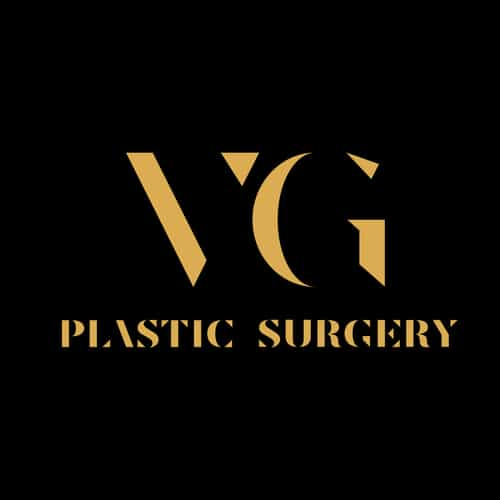
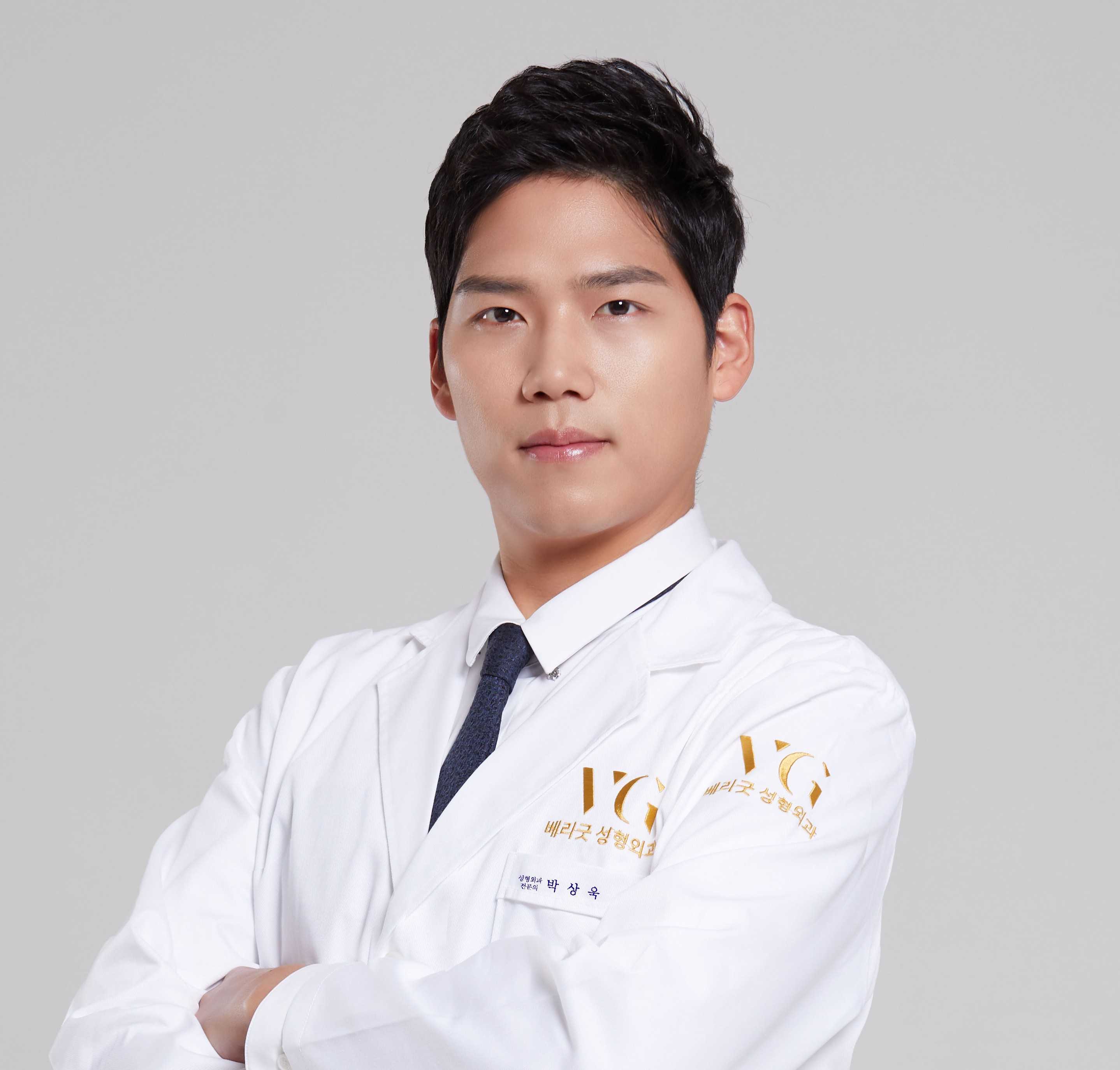
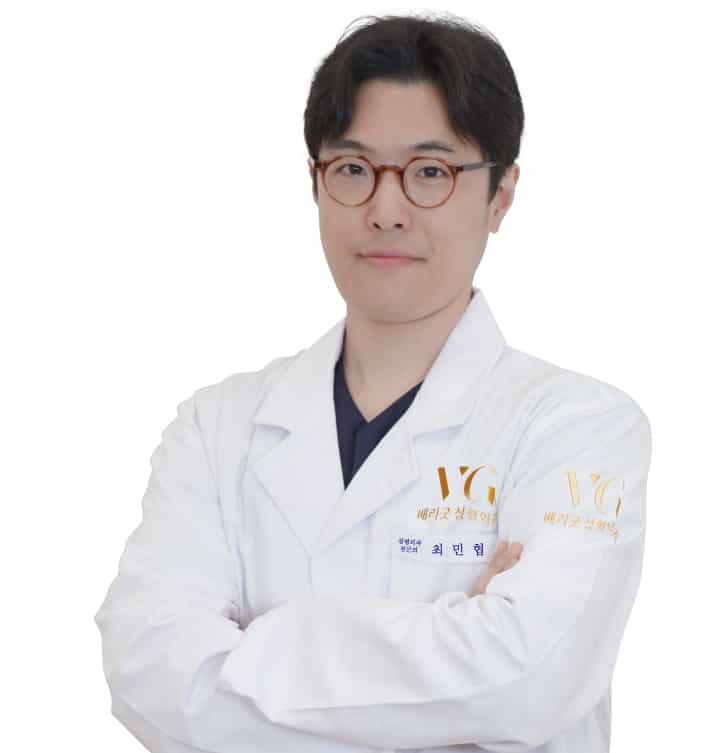
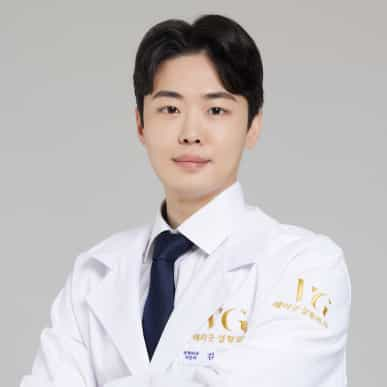
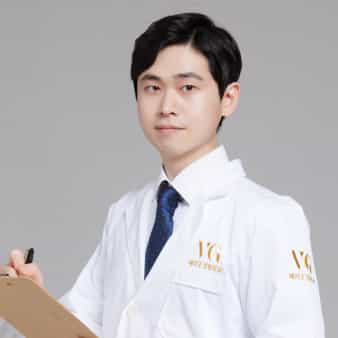
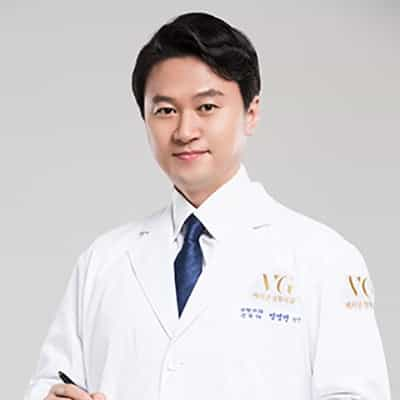
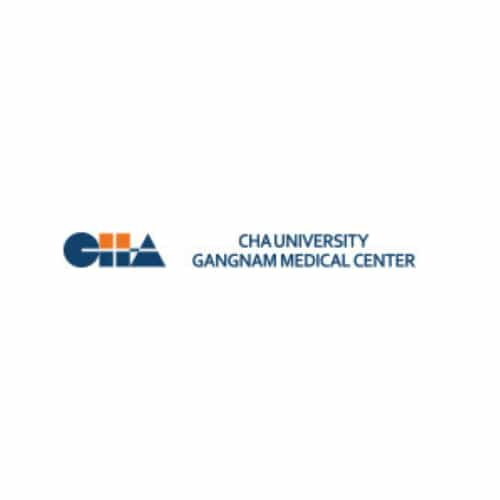
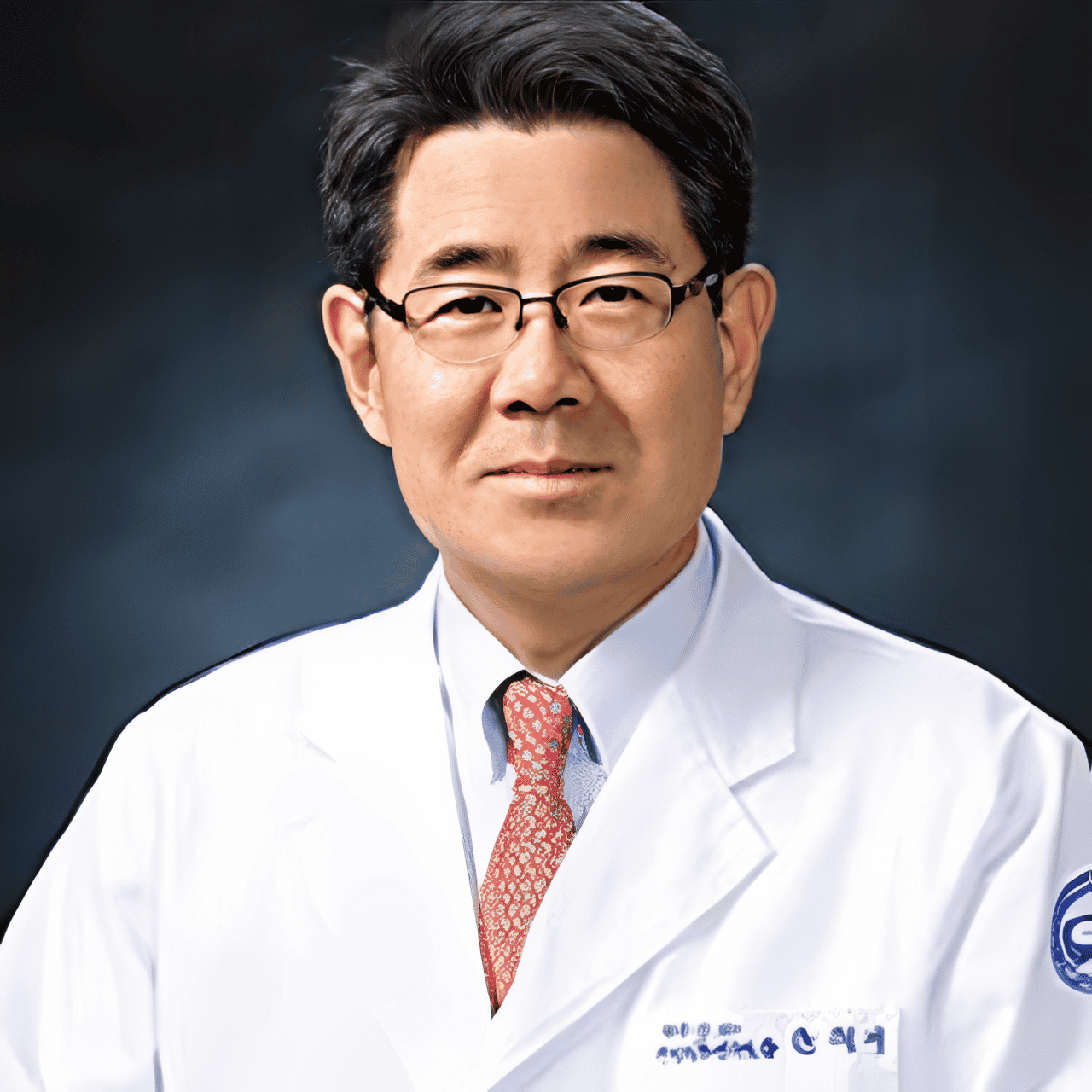
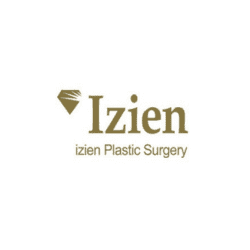
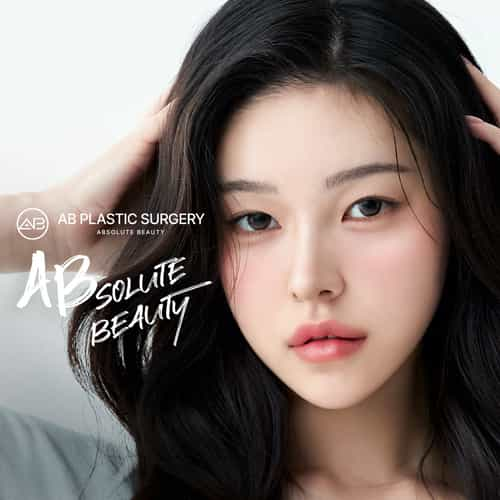
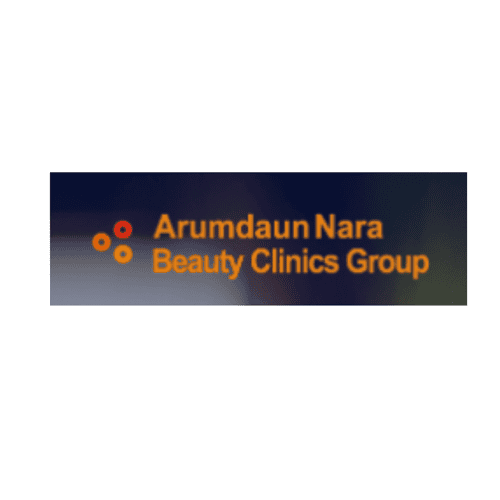
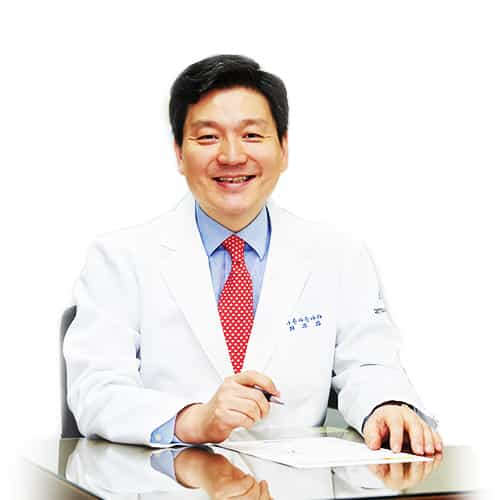

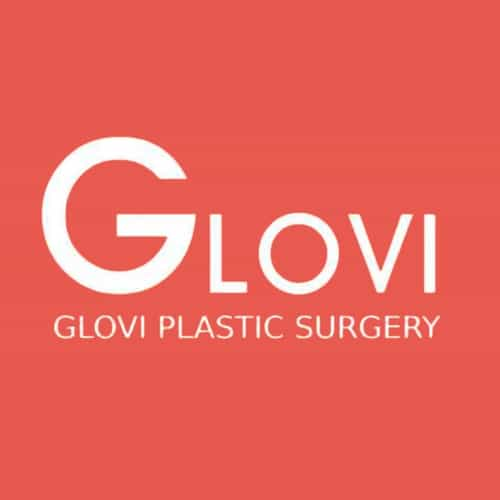

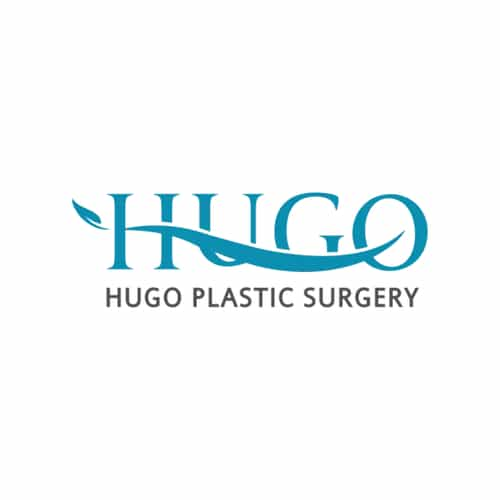

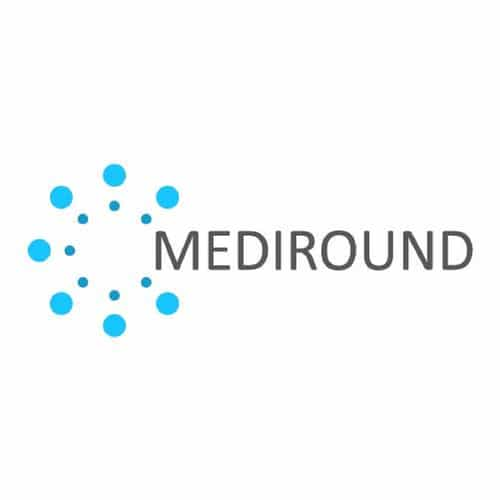
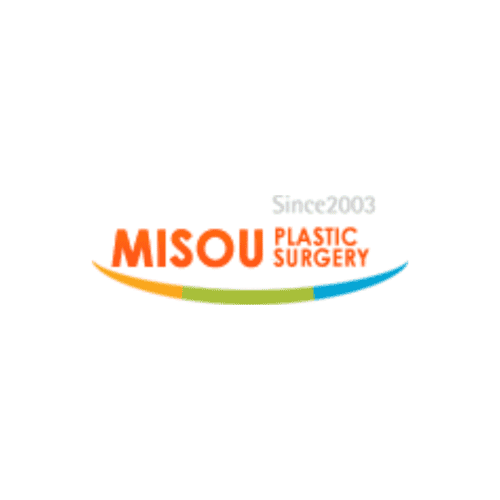
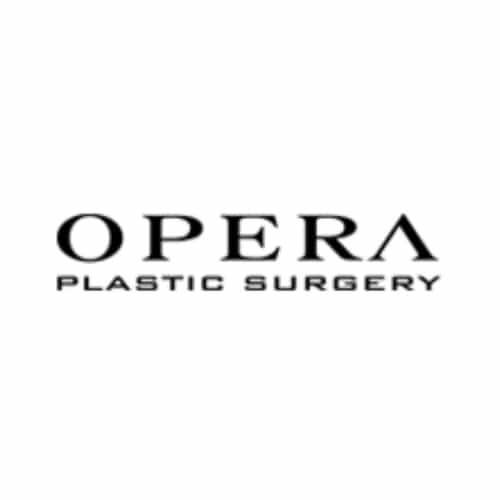
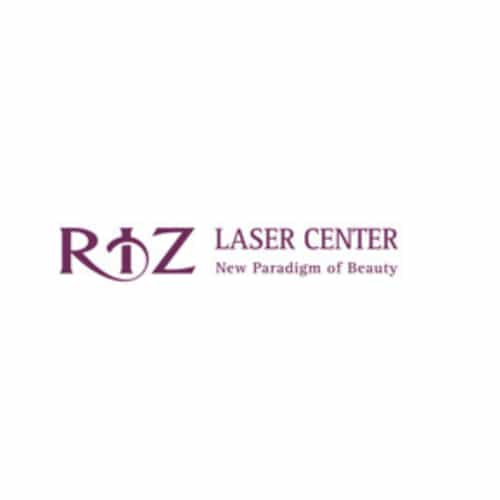
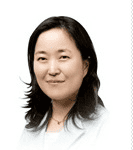
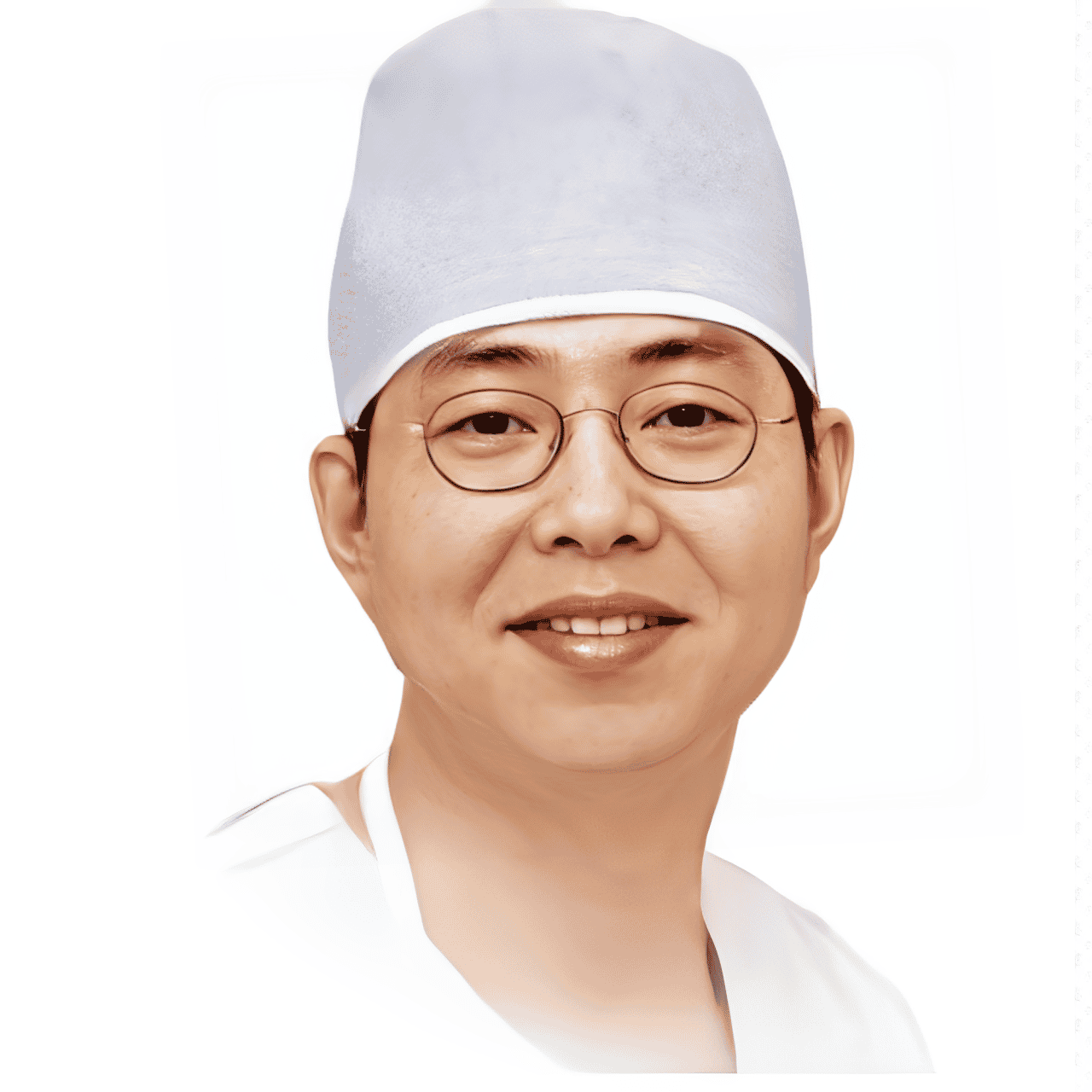
.png)
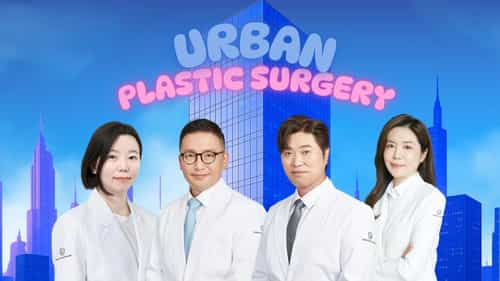
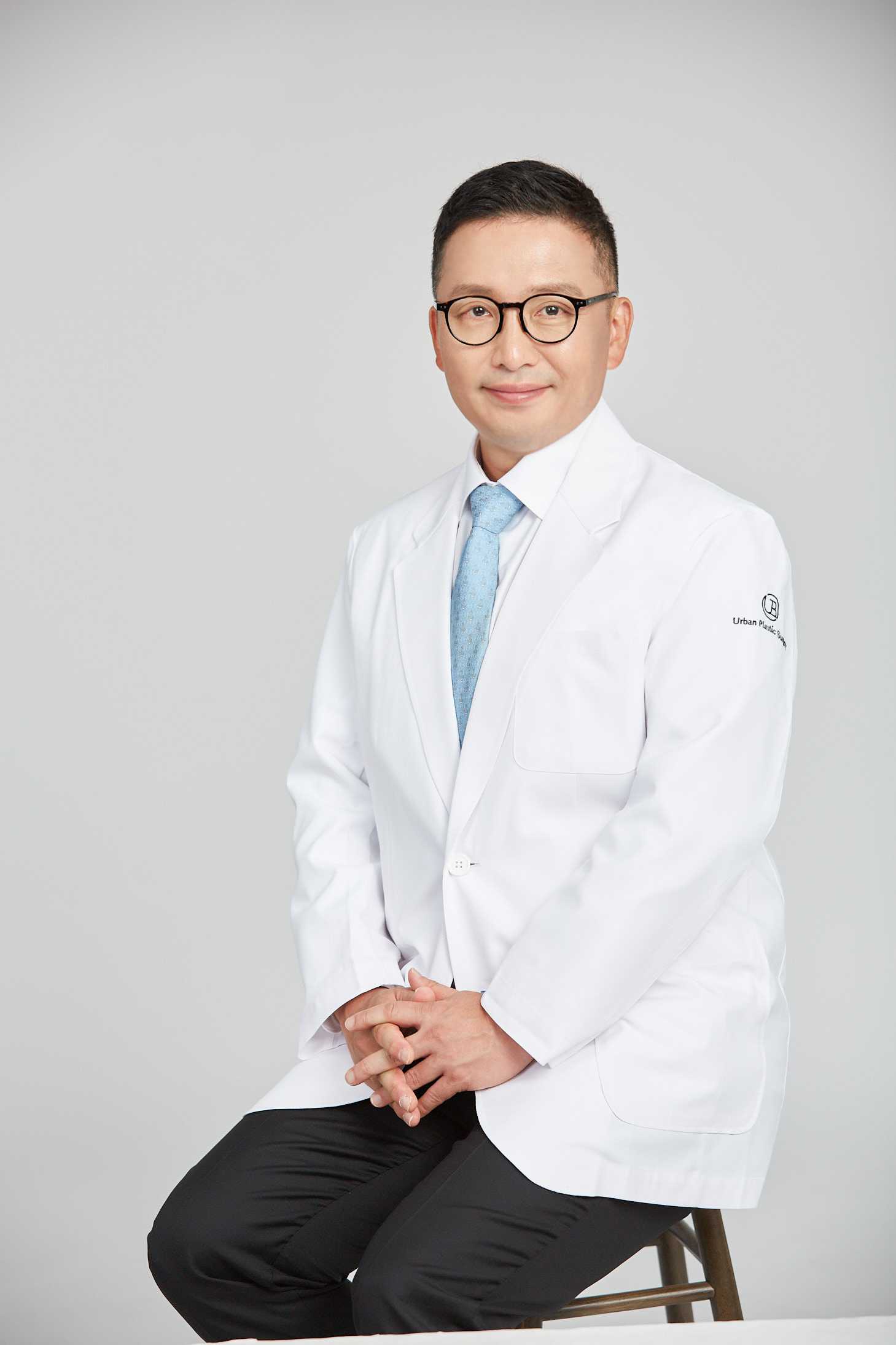
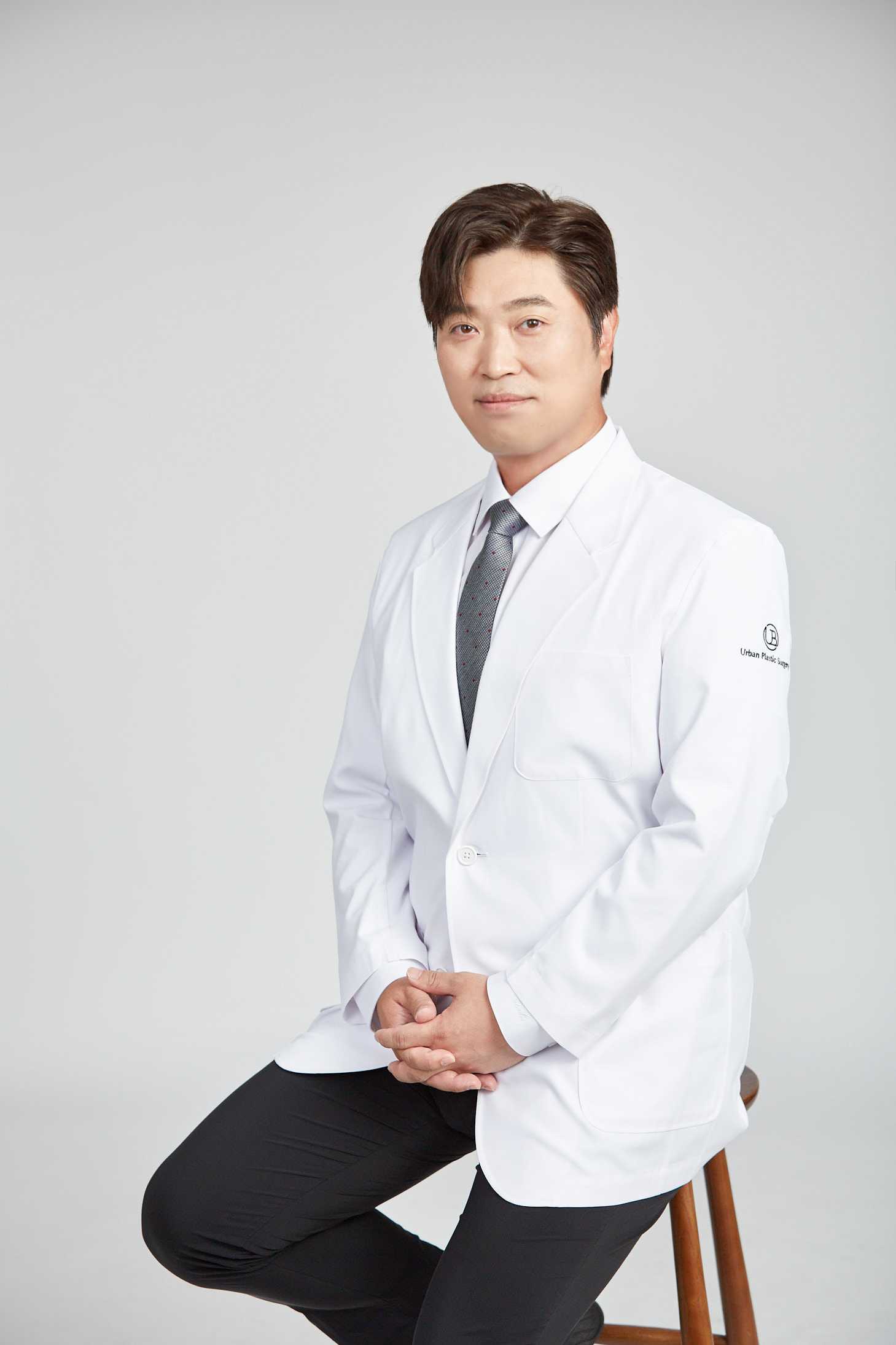
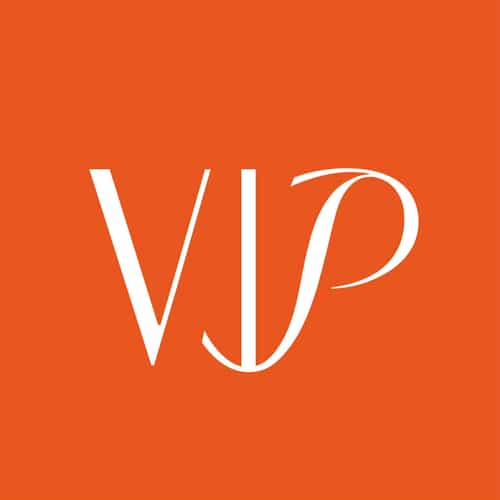
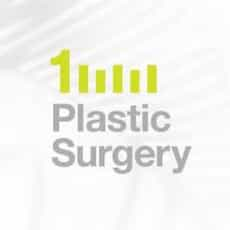
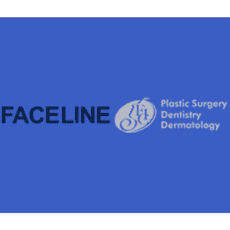
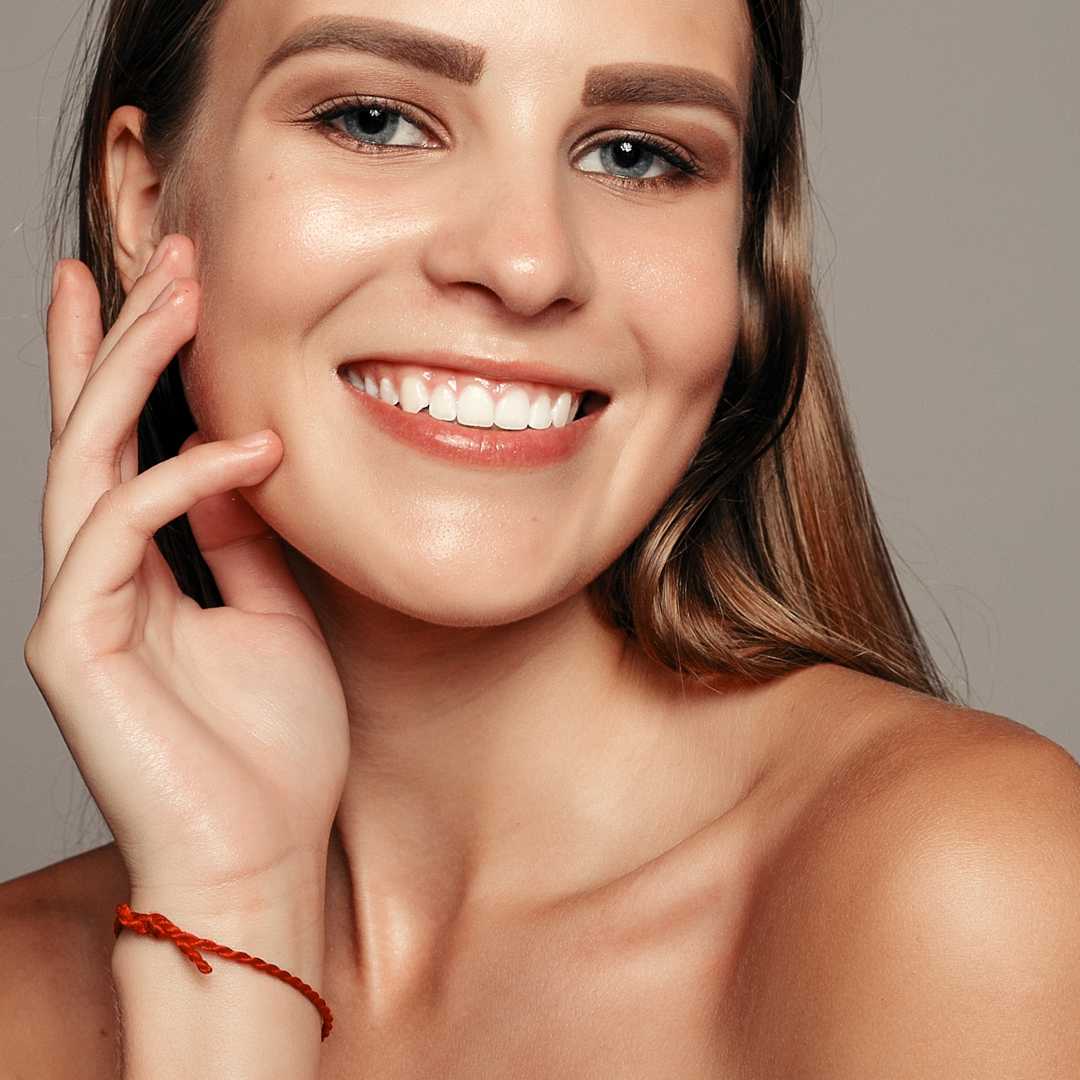
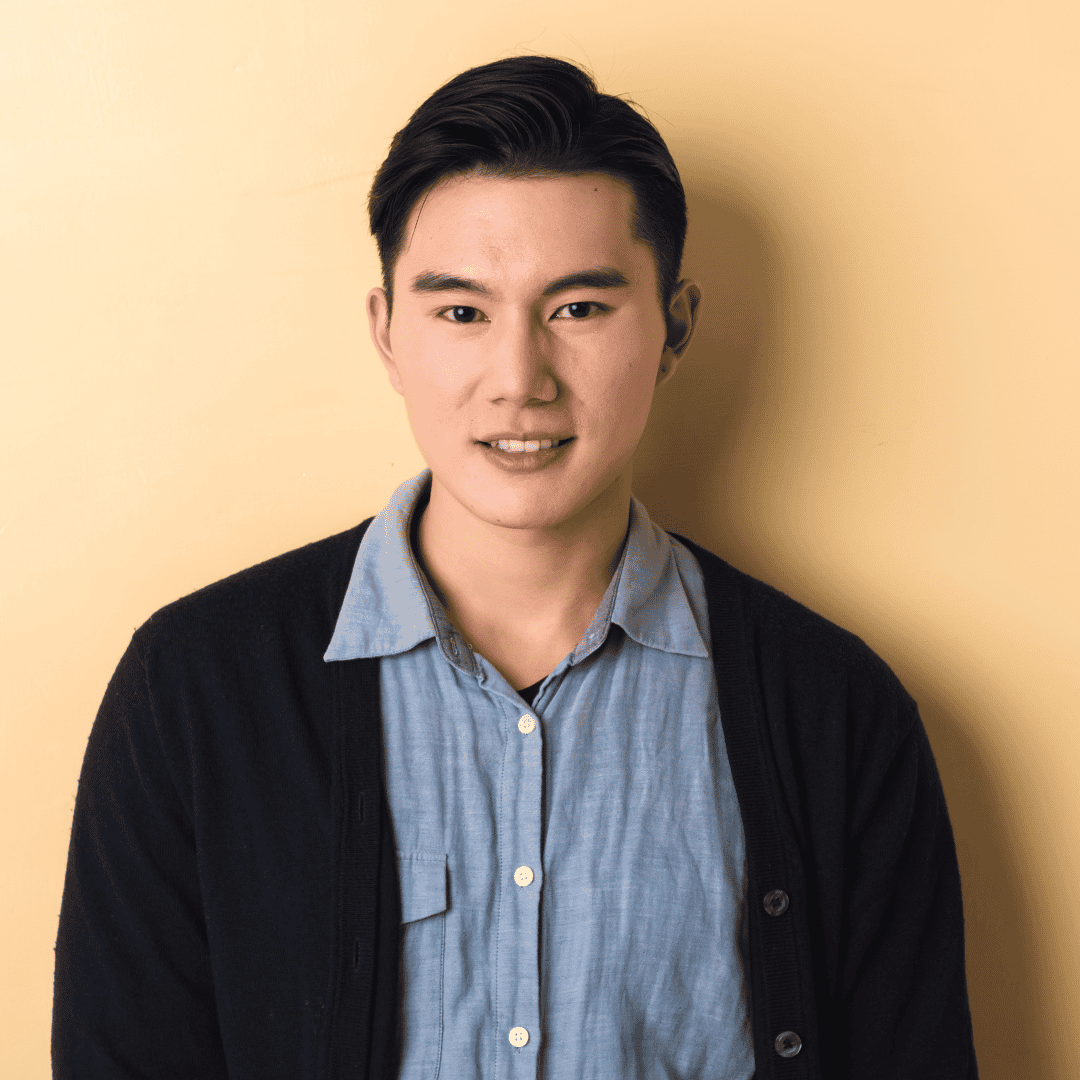

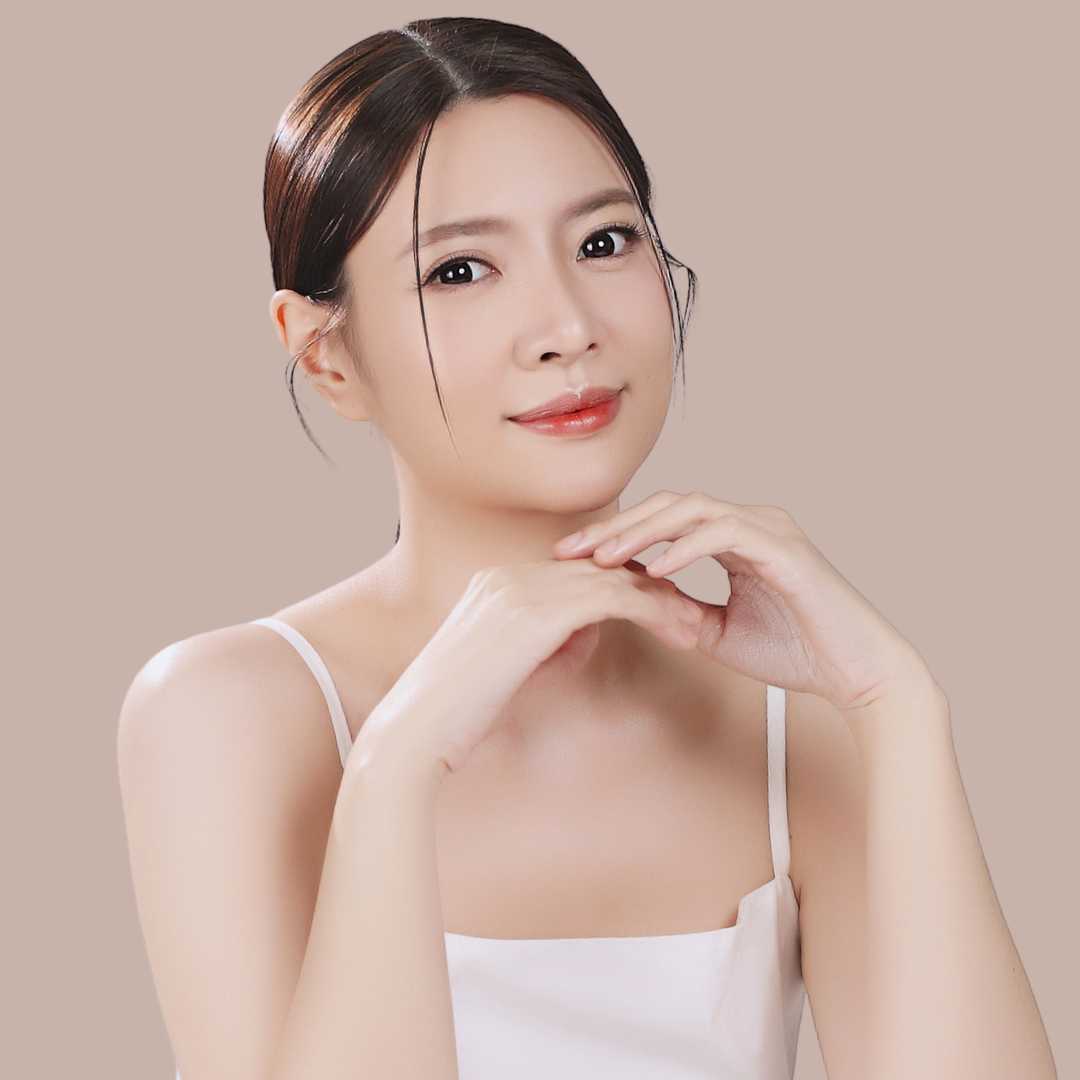
.png)
.png)
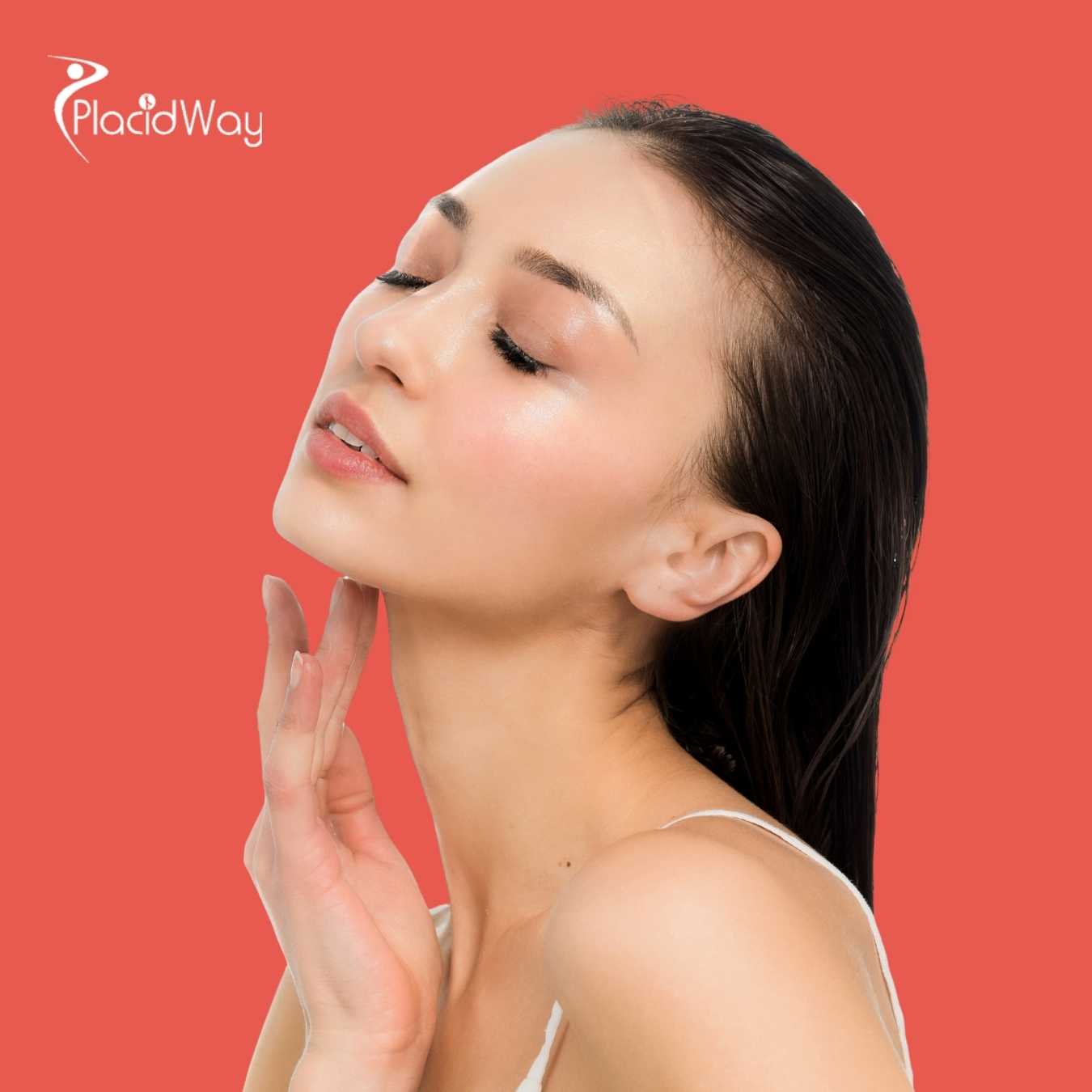
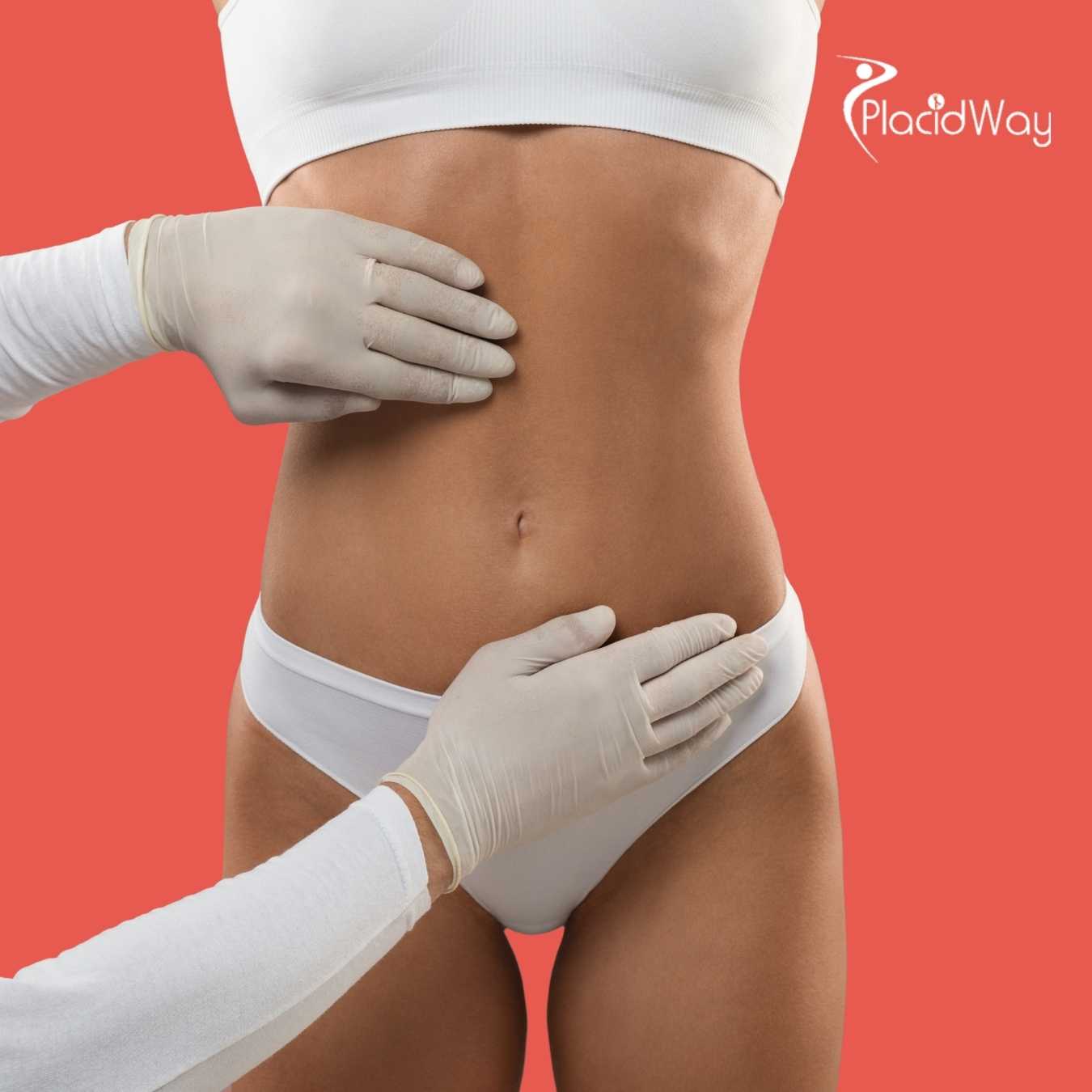

I had always felt that my face looked a bit tired and hollow, especially around my cheeks and under my eyes. After doing some research, I decided to try facial fat grafting to achieve a more youthful and natural appearance. VG Plastic Surgery came highly recommended, and they did not disappoint. From the moment I arrived, the staff made me feel at ease. The surgeon took the time to explain the procedure in detail and made sure I was comfortable every step of the way. The procedure itself was quick and painless, and the recovery process was smoother than I expected. The results? Stunning! My face looks refreshed and fuller in all the right places, but still completely natural. I’ve gotten so many compliments, and I feel more confident than ever. If you’re thinking about facial fat grafting, I can’t recommend VG Plastic Surgery enough. They truly are experts in their field, and the care they provide is top-notch. Thank you, VG Plastic Surgery, for helping me look and feel my best!
Read More